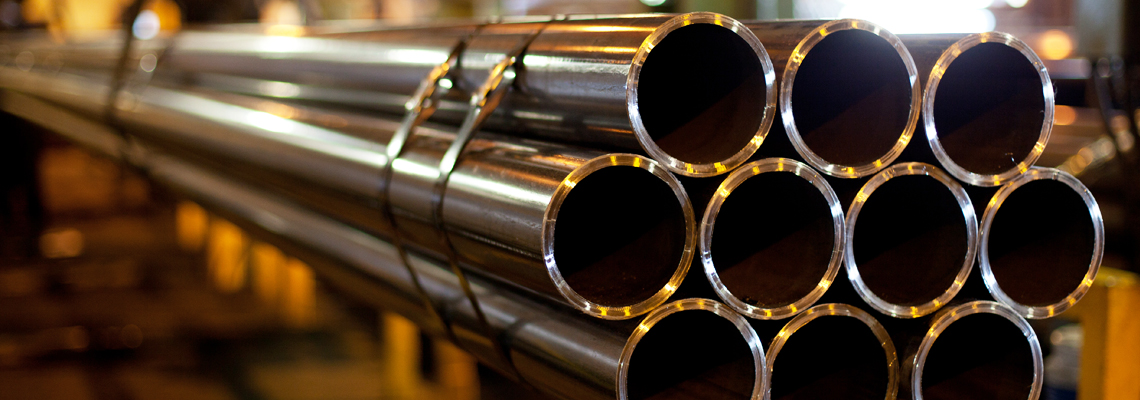Tubes made of carbon are increasingly used in metrological structures. Indeed, in addition to their lightweight, their coefficient of thermal expansion is almost zero. In the context of the installation of metrology equipment closer to production, these products are very interesting and even unavoidable.
As a result, segmented ball bars and measuring Machines for example use this type of component in their structure in order to guarantee the dimensional stability of the equipment and thus the traceability of the measurements during thermal variations.
Carbon tube manufacturers traditionally indicate on their product records a coefficient of thermal expansion equal to zero for these carbon fiber bars with an associated uncertainty or they provide only the coefficient of the fiber regardless of the matrix and fiber orientation.

Thus, the experiments carried out to determine the CTE of carbon fiber tubes mainly address the case where the tubes are subject to significant temperature variations.
In these cases, systems with a “medium” measurement uncertainty can be used, namely Linear Variable Differential Transformer sensors, optical systems based on interferometry, and so on.
Note that today, it is possible to design composite materials based on carbon nanotubes with a coefficient of negative thermal expansion.
The objective of the work is to estimate the real expansion coefficient of these tubes, in particular given that they are assembled on structures via two aluminum layers, one at each end of the tube.